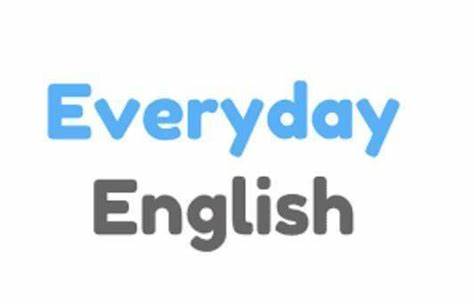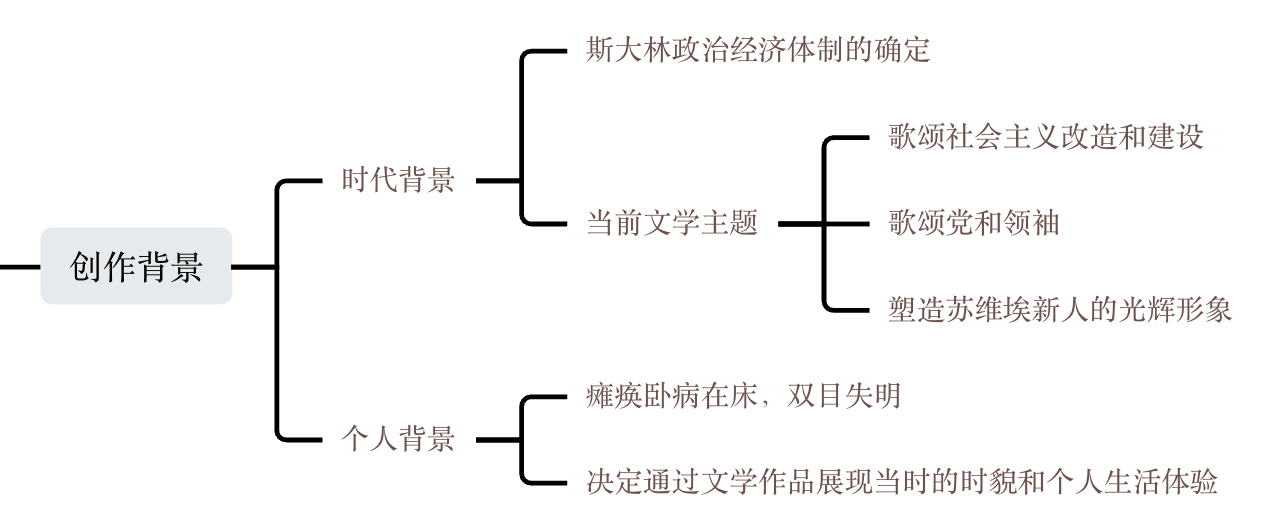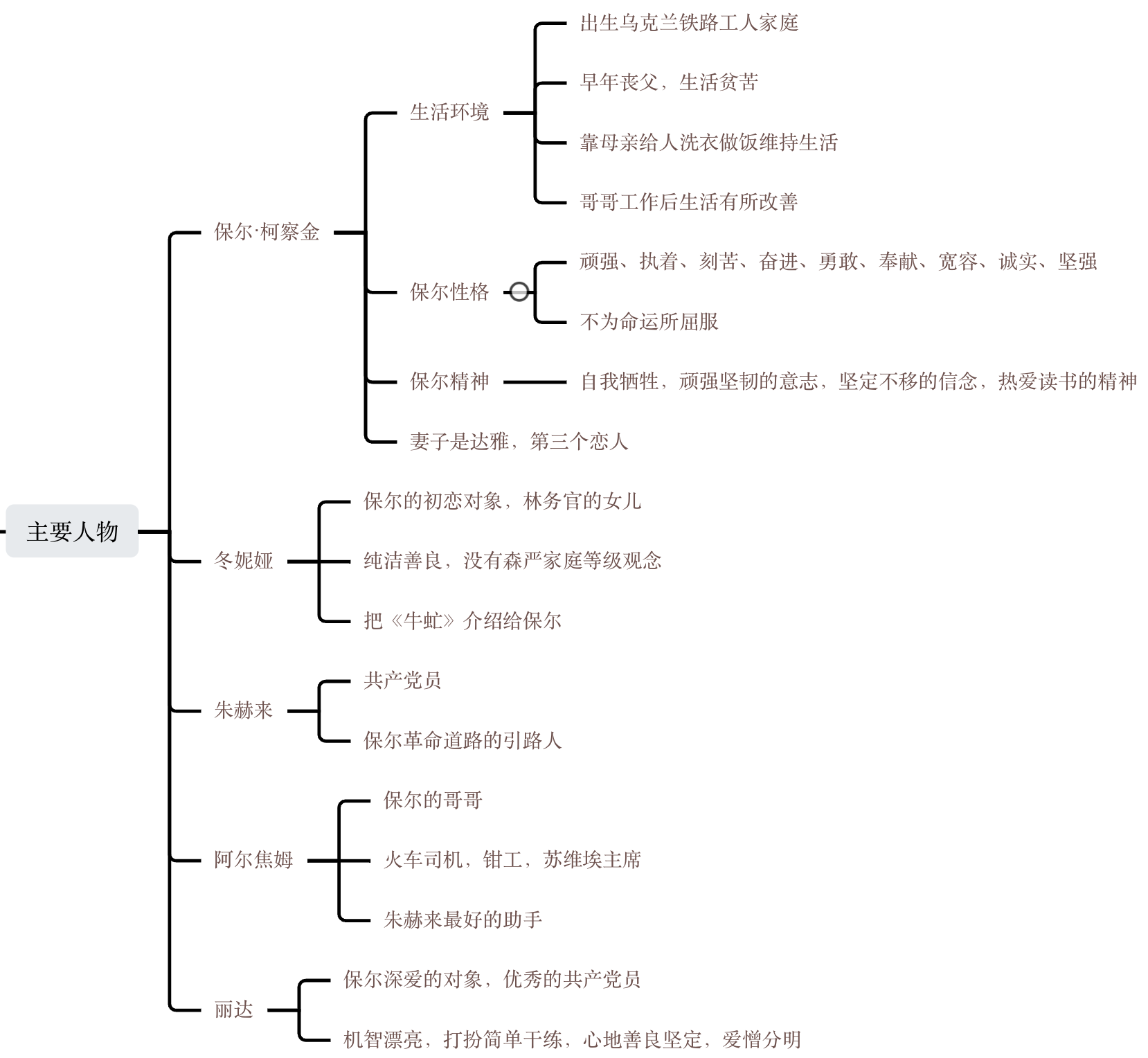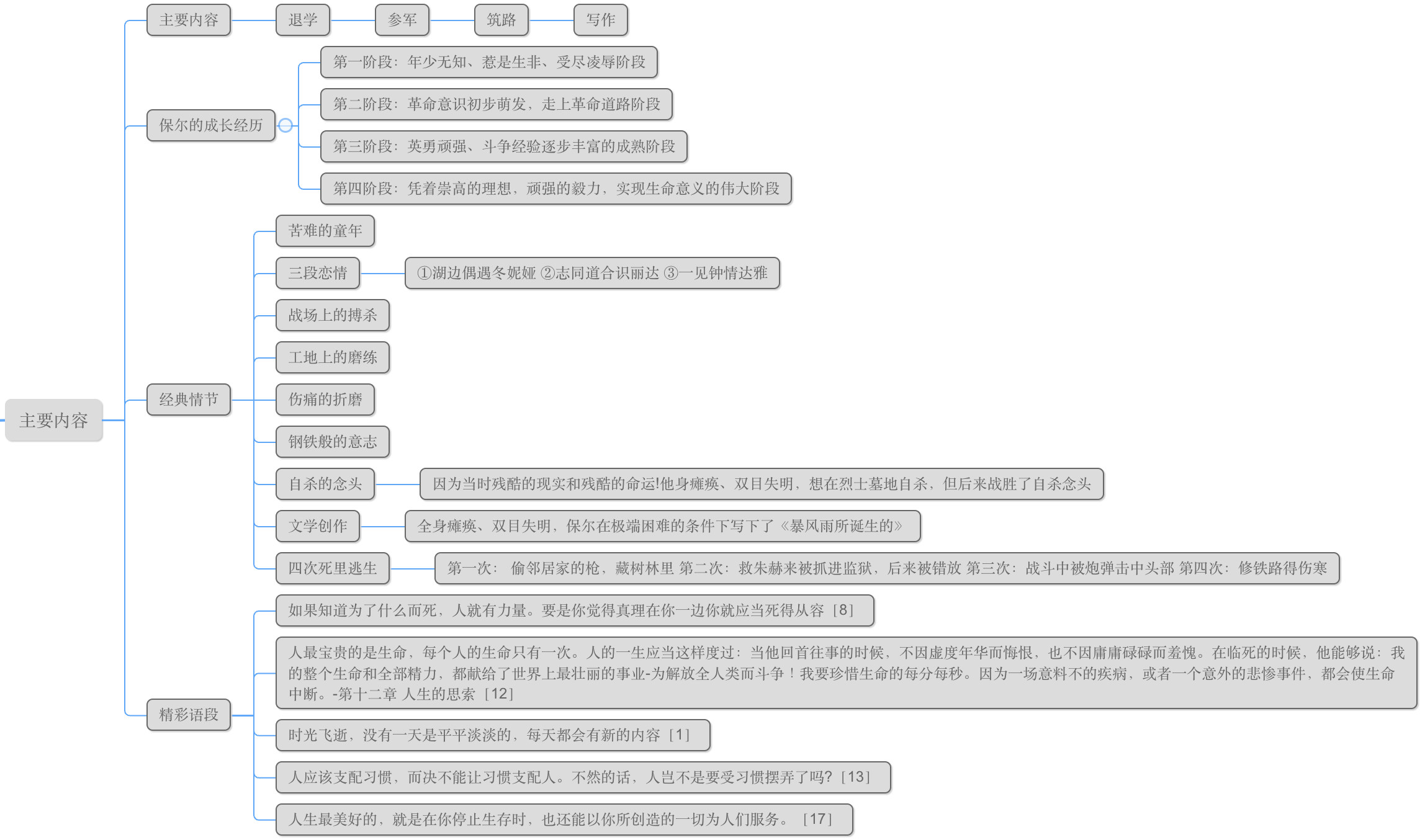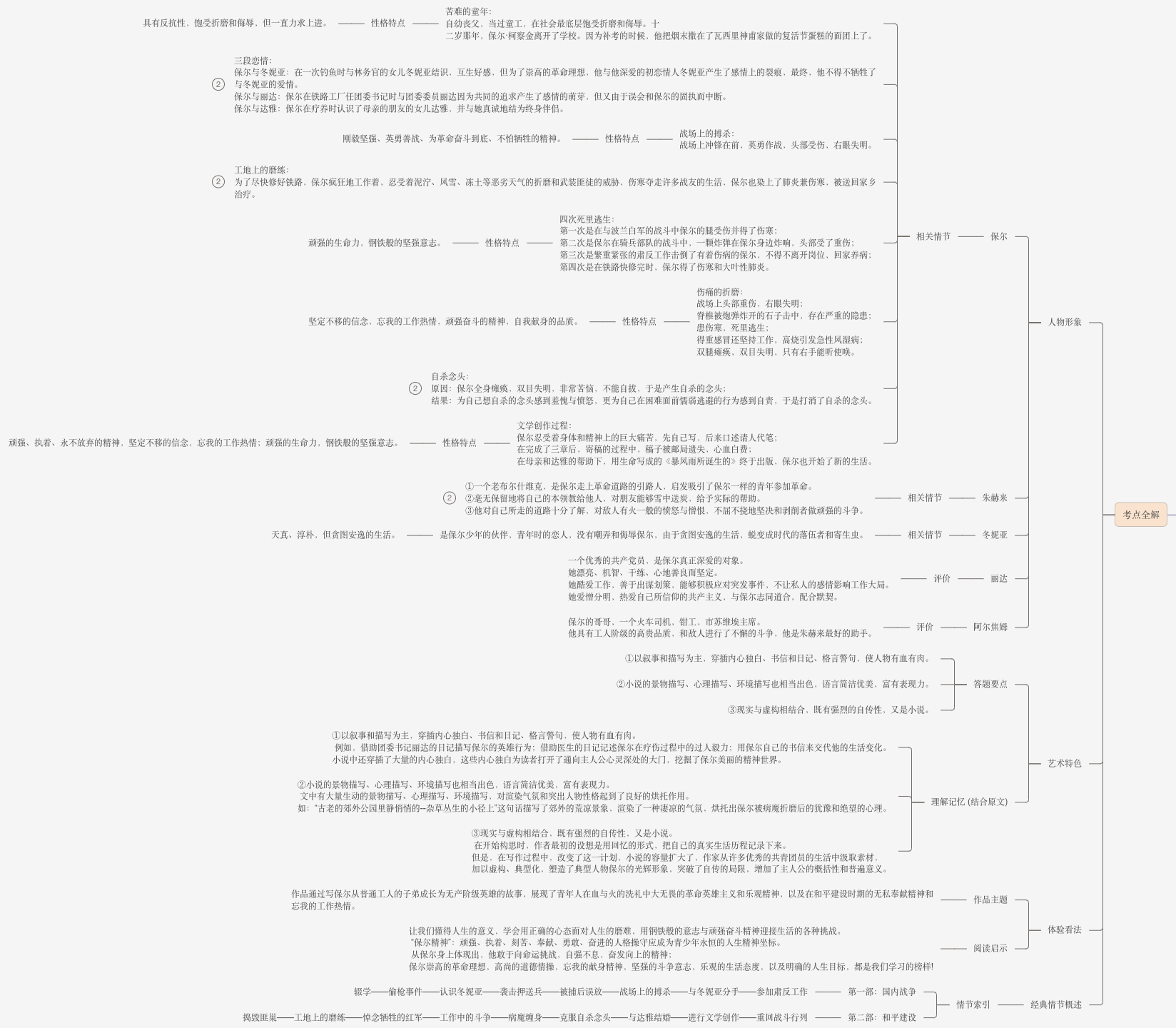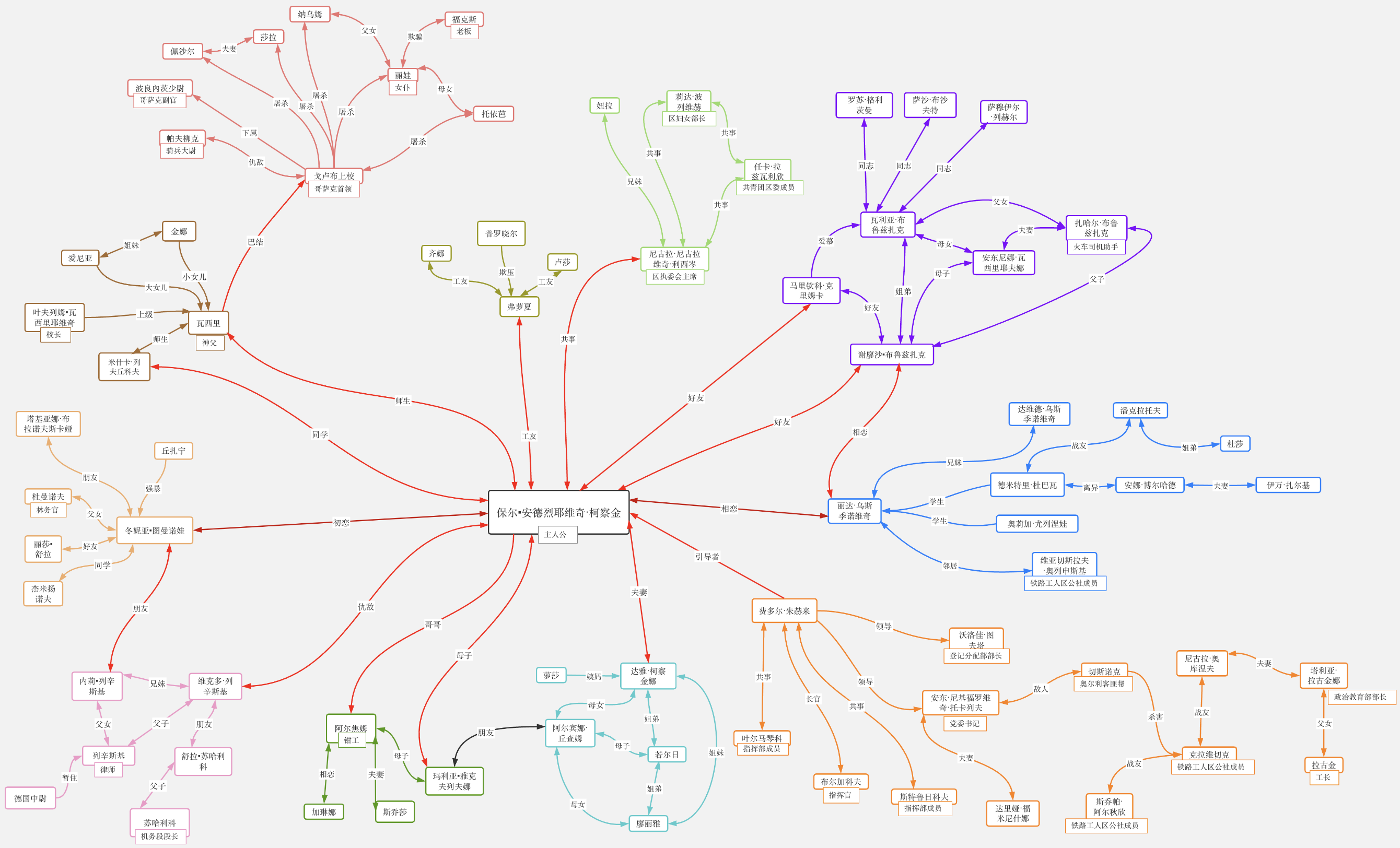医学术语
办公室或值班区:
门诊办公室:outpatient office
门诊护士办公室:outpatient nurse’s office
医生办公室:doctor’s office
护士站:nursing station
护士办公室:nurse’s office
护士长办公室:head nurse’s office
主任办公室:director’s office
示教办公室:teaching office
药库主任办公室:pharmacy store director’s office
男值班室/女值班室:duty room for man/ woman
病人交谈室:patient communication room
急诊值班室:emergency duty room
诊室:consulting room
洗涤室:washing room
血透室:hemodialysis room
药库:pharmacy store
急诊观察室:emergency observation room
出入院处:out/in-patient department
家属等候室:waiting room for relations
服务台:information desk
儿科候诊:waiting room for pediatrics
儿科门诊:outpatient department of pediatrics
输液室:transfusion room
小儿注射:injection room for Children
男厕所/女厕所/残疾人专用厕所:toilet for man/toilet for woman/handicapped used only
饮水间:drinking room
急诊化验室:emergency laboratory
急诊X光室:emergency X-ray room
急诊治疗室:emergency therapeutic room
抢救室:resuscitation room
外科治疗室:surgery therapeutic room
急诊妇产科:emergency obstetrics and gynecology department
急诊内科:emergency internal medicine
急诊外科:emergency surgery
急诊儿科:emergency pediatrics
急诊候诊:emergency waiting room
急诊收费挂号:emergency registration & cashier office
急诊药房:emergency pharmacy
急诊手术室:emergency operation room
———————————————————–
各科室或检查室:
医学整形科:department of plastic surgery
整形室:plastic surgery room
中医科:department of traditional Chinese medicine
内科:department of internal medicine
脑外科:department of cerebral surgery
神经外科:department of neurosurgery
胸外科:department of thoracic surgery
普外科:department of general surgery
伤科:department of traumatology
骨科:department of orthopedics
肛肠外科:department of anus & intestine surgery
泌尿外科:department of urology
膀胱镜室:cystoscopy room
石膏室:plaster room
换药室:dressing room
拍片室:X-ray room
碎石室:stone manipulation room
DSA:digital subtraction angiography
ICU:intensive care unit
肝胆外科:department of hepatobiliary surgery
皮肤科:department of dermatology
激光冷冻室:laser & cryotherapy room
皮外手术室:operation room for dermatology surgery
检查治疗室:consulting & therapeutic room
性病专科:department of venereology
口腔科:department of stomatology
口腔诊室:consulting room for stomatology
耳鼻喉科:department of ENT
窥镜室:endoscope room
———————————————————–
治疗室:therapeutic room
听觉诱发电位室:department of auditory evoked potentials
测听室:audiometric room
诊室:consulting room
小手术室:outpatient operation room
眼科:department of ophthalmology
治疗室:therapeutic room
诊室:consulting room
弱视治疗室:amblyopia therapeutic room
小手术室: outpatient operation room
门诊妇产科:outpatient department of obstetrics and gynecology
诊室:consulting room
检查室:examination room
人工流产室:induced abortion room
产前检查室:Pre-natal Care room
人流休息室:rest room for induced abortion
化验室:laboratory
实验区:experimentation area
免疫室:laboratory of immunology
质控室:quality control room
细菌检验室:bacteriological laboratory
生化室:biochemical laboratory
血液室:blood laboratory
洗涤室:washing room
标本接手区:specimen area
产科病区:department of obstetrics
产房:delivery room
储藏室:store room
厕所:toilet
女更衣室:female changing room
洗婴室:baby bathing room
配置室:collocation room
护士值班室:nurse’s duty room
妇检室:gynaecological examination room
胎心监护室:fetal monitor room
待产室:labour room
抢救室:resuscitation room
手术动态显示房:dynamic operating room
———————————————————–
贵宾候诊室:VIP waiting room
诊室:consulting room
内镜区:department of endoscope
纤维镜室:fibrescope room
胃镜室:gastroscope room
仪器室:instrument room
肠镜室:enteroscopy room
彩超区:department of Color Doppler Ultrasonic
彩超室:color ultrasonic room
动态心电图室、血压室:dynamic electrocardiogram & ambulatory blood pressure monitoring
心电图室:electrocardiogram room
乳房仪室:breast-screening unit
TCD:transcranial color Doppler
肌电图室:electromyogram room
B超室:B ultrasonic room
脑电图室:electroencephalogram room
国际学术报告厅:international academic report hall
病理区:department of pathology
档案室:record room
诊断室:diagnosis room
制片室:slide making room
细胞室:cell room
技术室:technical room
手术室:operation room
———————————————————–
产科病区:department of obstetrics
妇科病区:department of gynaecology
外科病区:department of surgery
内科病区:department of internal medicine
心内科:department of cardiology
内分泌科:department of endocrinology
呼吸科:department of respiration
风湿科:department of rheumatism
血液科:department of hematology
肾病科:department of nephropathy
中英对照看病常用就诊名词
过敏 Allergy
健康诊断 Gernral Check-up
Physical Examination
检查 Examination
入院 Admission to Hospotial
退院 Discharge from Hospital
症状 Symptom
营养 Nutrition
病例 Clinical History
诊断 Diagnosis
治疗 Treatment
预防 Prevention
呼吸 Respiration
便通 Bowel Movement
便 Stool
血液 Blood
脉搏 Pulse, Pulsation
尿 Urine
脉搏数 Pulse Rate
血型 Blood Type
血压 Blood Pressure
麻醉 Anesthesia
全身麻醉 General Anesthesia
静脉麻醉 Intravenous Anesthesia
脊椎麻醉 Spinal Anesthesia
局部麻醉 Local Anesthesia
手术 Operation
切除 Resectionlie
副作用 Side Effect
洗净 Irrigation
注射 Injection
X光 X-Ray
红外线 Ultra Red-Ray
慢性的 Chronic
急性的 Acute
体格 Build
亲戚 Relative
遗传 Heredity
免疫 Immunity
血清 Serum
流行性的 Epidemic
潜伏期 Incubation Period
滤过性病毒 Virus
消毒 Sterilization
抗生素 Antibiotic
脑波 E.E.G
洗肠 Enema
结核反映 Tuberculin Reaction
华氏 Fahrenheit
摄氏 Celsius, Centigrade
———————————————————–
药品和仪器
冰袋 Ice Bag
药品 Medicine (Drug)
绷带 Bandage
胶带 Adhesive Tape
剪刀 Scissors
体温计 Thermometer
药丸 Tablet, Pill
舌下锭 Sublingual Tablet
胶囊 Capsules
软膏 Ointment
眼药 Eye Medicine
止咳药 Cough Medicine
阿司匹林 Aspirin
止疼药 Pain Killer
药方 prescription
症状
发烧 Fever
高烧 High Fever
发冷 Chillsz
发汗 Sweats
盗汗 Night Sweats
倦怠 Tireness
失眠 Insomnia
肩头发硬 Stiffness in Shoulder
打喷嚏 Sneeze
打嗝 Hiccup
痒 Itch
腰疼 Low Back Pain
头疼 Headache
痛 Pain (Ache)
急性疼痛 Acute Pain
激痛 Severe Pain
钝痛 dull Pain
压痛 Pressing Pain
刺痛 Sharp Pain
戳痛 Piercing Pain
一跳一跳地痛 Throbbing Pain
针扎似的痛 Prickling Pain
烧痛 Burning Pain
裂痛 Tearing Pain
持续痛 Continuous Pain
不舒服 Uncomfortable
绞痛 Colic
放射痛 Rediating Pain
溃烂痛 Sore Pain
痉挛痛 Crampy Pain
顽痛 Persistent Pain
轻痛 Slight Pain
血尿 Bloody Urine
浓尿 Pyuria
粘液便 Mucous Stool
粘土样便 Clay-Colored Stool
验血 Blood Analysis
红血球 Red Cell
白血球 White Cell
呼吸数 Respiration Rate
呼气 Expiration
吸气 Inspiration
呼吸困难 Difficulty in Breathing
不规则脉搏 Irregular Pulse
慢脉 Bradycardia
快脉 Rapid Pulse
尿浑浊 Cloudy Urine
蛋白质 Albuminuria
糖尿 Glucosuria
瘦 thin, Skinny
肥 Fat
有用的词汇 医疗篇
Head/neck
Headache
Migraine n.偏头痛
Baldness n.光秃, 枯燥, 率直
Nits (lice) n.虱子, 白虱
Earache n.耳朵痛
Dizziness n.头昏眼花
Facial spasms (tic) 痉挛, 局部的抽筋
Encephalitis n.脑炎
Meningitis n.[医]脑膜炎
Lockjaw n.破伤风, 牙关紧闭症
Bad breath n.难闻的气味
Catarrh卡他;黏膜炎
Cough n.咳嗽v.咳嗽
Nasal discharge
Laryngitis n.[医] 喉炎
Pharyngitis n.[医]咽炎
Tonsillitis n.[医]扁桃腺炎
Thyoid adj.[解剖]U字形的, 舌骨的n.舌骨
Goiter :An enlargement of the thyroid gland visible as a swelling of the front of the neck —
Eyes
Astigmatism n.[医]散光, 因偏差而造成的曲解或错判
Cataract白内障
Conjunctivitis [医]结膜炎
Color blindness n.色盲
Cross-eyed adj.斜视的, 对视眼的
Long-sightedness
Short-sightedness
Myopia n.近视
Lazy eye n.弱视
Stye n.[医]麦粒肿, 睑腺炎
Skin
Acne n.痤疮, 粉刺
Allergy n.[医]敏感症, <口>反感
Blister n.水泡
Burn
Bruise n.瘀伤, 擦伤v.打伤, 撞伤
Boil
Corn [医]鸡眼
Eczema n.湿疹
Dandruff
Freckles n.雀斑, 斑点
Itching adj. 痒的, 渴望的
Melanoma [医](恶性)黑素瘤,(良性)胎记瘤
Mole n.[医]胎块, [动]鼹鼠, 防波堤, 筑有防波堤的海港莫尔式管道测弯仪
Pimples, blackheads丘疹,小胞疱:皮肤上的红色小疱,常由痤疮、丘疹或小脓疱引起
Rash n.[医]皮疹
Scab n.疤, 痂,
General Medical Terminology 一般医学术语
Medical personnel 医务人员
Doctor
Dentist
General practitioner (GP) 普通医师,全科医生:其活动不限于一具体的医学专业的医师,相反他可处理不同年龄病人的多样的医学问题也作 family doctor
Consultant n.会诊医生;顾问医生
Surgeon n.外科医生
Specialist n.专门医师, 专家
Ear, nose and throat specialist
Gynecologist n.妇科医生
Pediatrician n.儿科医师
Physician n.医师, 内科医师
Obstetrician n.产科医师
Ophthalmologist n.眼科专家, 眼科医师
Physiotherapist n临床医学家
Anesthetist n.麻醉师
Nurse
Sister【多用于英国】 护士:护士,尤指病房中的护士长
Ward sister
Nurse aide
Attendant nurse随从护士
Orderly n.传令兵, 勤务兵
Treatment
Anesthetic n.麻醉剂, 麻药adj.麻醉的
Diagnosis n.诊断
Examination n.考试, 检查, 细查
Enema n.[医]灌肠剂
Injection n.注射, 注射剂, (毛细血管等的)充血, (人造卫星, 宇宙飞船等的)射入轨道
Thermometer n.温度计, 体温计
Transfusion n.注入, [医]输血, 输液
Operation手术
Exploratory research探索性研究
Medications n.药物治疗, 药物处理, 药物
Medicine n.药, 医学, 内科学, 内服药vt.给…用药
Medication 药物治疗
Antiseptic adj.防腐的, 杀菌的, 消过毒的n.防腐剂, 杀菌剂
Aspirin n.阿斯匹林(解热镇痛药), 乙酰水杨酸
Powder散剂:各种以粉末形式存在的配制品,如某些化妆品及药品
Tablets药片:一小片口服的扁平药物
Capsules n.(植物)蒴果, 胶囊, 瓶帽, 太空舱
Sedative adj.镇静的, 止痛的n.镇静剂, 止痛药
Cream
Ointment n.药膏, 油膏
Bandage n.绷带
Sling(支撑伤臂或伤手的)吊带,三角巾
Traction【医学】 牵引:尤指对胳膊、腿或脖子机械地不断地拉以便矫正骨折或脱臼的骨头,治愈肌肉痉挛以及减轻压力
Plaster【多用于英国】 粘性绷带
Scalding adj.滚烫的,尖刻的n.烫伤
Sunburn n.晒斑, 晒黑
Sores adj.疼痛的, 痛心的, 剧烈的n.痛的地方, 痛处
Ulcer n.溃疡, 腐烂物
Asthma n.[医]哮喘
Breathlessness
Bronchitis n.[医]支气管炎
Cancer
Cold
Influenza n.流行性感冒
Pleurisy [医] 肋膜炎, 胸膜炎
Pneumonia n.[医] 肺炎
Sputum n.唾液, 痰
Phlegm n.粘液, 痰, 粘液质
Tuberculosis (T n.肺结核
Heart and blood
AIDS Acquired Immune Deficiency Syndrome爱滋病, 获得性免疫功能丧失综合症
Angina n.[医]咽痛, 绞痛
Blood cells ?complete blood examinations (CBE) n.血细胞:血液中的细胞;红血球或白血球;血球
Coronary冠状动脉或静脉:冠状动脉的或冠状静脉的,或与两者之一有关的
Hemoglobin.血色素
Heart attack n.心脏病发作
Heart failure n.心力衰竭
Fainting n.昏晕, 不省人事
Anemia n.贫血, 贫血症
Leukemia n白血病
High blood pressure n. [医] 高血压 (症)
Low blood pressure n. [医] 低血压症
Fluid
Oedema n. [医] 水肿, [植] 瘤腺体
Clot n. (血液等的) 凝块v. (使)凝结
Varicose veins[解]静脉曲张
Abdomen.腹, 腹部/digestive system
Appendicitis n.阑尾炎, 盲肠炎
Barium meal n.〈医〉钡餐
Bowel movements/motions
Cirrhosis of the liver n.[医]肝硬化
Colon n.〈解〉结肠
Constipation n.便秘
Diarrhoea n.腹泻
Hearburn
Heartburn胃灼热:一种由于酸性胃液回流入食管下端而引起的通常集中在胸中部靠近胸骨处的烧灼感也作 cardialgia, pyrosis
Hernian.[医]疝气, 脱肠
Hiccups n.打嗝v.打嗝
Indigestion n.消化不良
Intestine adj.内部的, 国内的n.[解, 动]肠
Jaundice黄疸:由于胆盐沉淀物引起的在眼白、皮肤和粘膜上形成的淡黄色污染。其引发影响胆囊正常活动的各种疾病(如肝炎)的症状也作 icterus
Nausea n.反胃, 晕船, 恶心, 作呕, 极度的不快
Vomiting n.呕吐, 呕吐物, 催吐剂vi.呕吐, 大量喷出vt.吐出, 呕吐
Pancreas[解]胰腺
Piles n.[医]痔, 痔疮
Colostomy n.[医]结肠造口术
Stomach ulcer胃溃疡
Urinary system 泌尿系统
Bladder n.膀胱, 气泡, 球胆
Cystitis n.[医]膀胱炎
Incontinence [医]失禁
Kidney stone n.肾结石
Urethritis n.[医]尿道炎
Limbs/joints 四肢和关节
Arthritis n.关节炎
Bow-legged adj.弓形腿的,罗圈腿的
Dislocation脱位,脱臼:身体某一部分的脱位,尤指骨头从它正常的位置暂时的脱臼
Fracture n.破裂, 骨折v. (使)破碎, (使)破裂
Green-stick fracture 〈医〉青枝骨折,长骨不完全骨折
Knock-kneed adj.内弯足的, 八字脚的
Muscle pain
Tendons腱:将肌肉连接在其骨骼关节处的粗硬的无弹性的纤维状组织束
Torn ligaments韧带拉伤
Sprain v.扭伤
Rheumatism n.风湿, 风湿病
Shoulder blades n.[解]肩胛
Back
Backache背疼:后背或脊柱的某部分的疼痛或不舒服
Lumbago腰痛:背部下部的疼痛状态,就象由于肌肉紧张或脱臼引起的疼痛
Round-shouldered adj.圆背的
Sciatica坐骨神经痛:通常是由脊椎腰部区的椎间盘突出引起的坐骨神经的疼痛,并传入臀部和股骨的背部
Sexual organs
Discharge/ejaculation射精, 射出
Frigidity 性欲冷淡
Impotence [医]阳萎
Gonorrhoea n.[医]淋病
Prostate adj.前列腺的n.前列腺
Syphilis n.[医]梅毒
Venereal disease传染病,性病:几种传染病的统称,如梅毒和淋病,通过性交而传染;一种通过性交传染的疾病
Vasectomy n.[医]输精管切除术

































 图片来源:网络
图片来源:网络 图片来源:网络
图片来源:网络 图片来源:网络
图片来源:网络 图片来源:网络
图片来源:网络 图片来源:网络
图片来源:网络